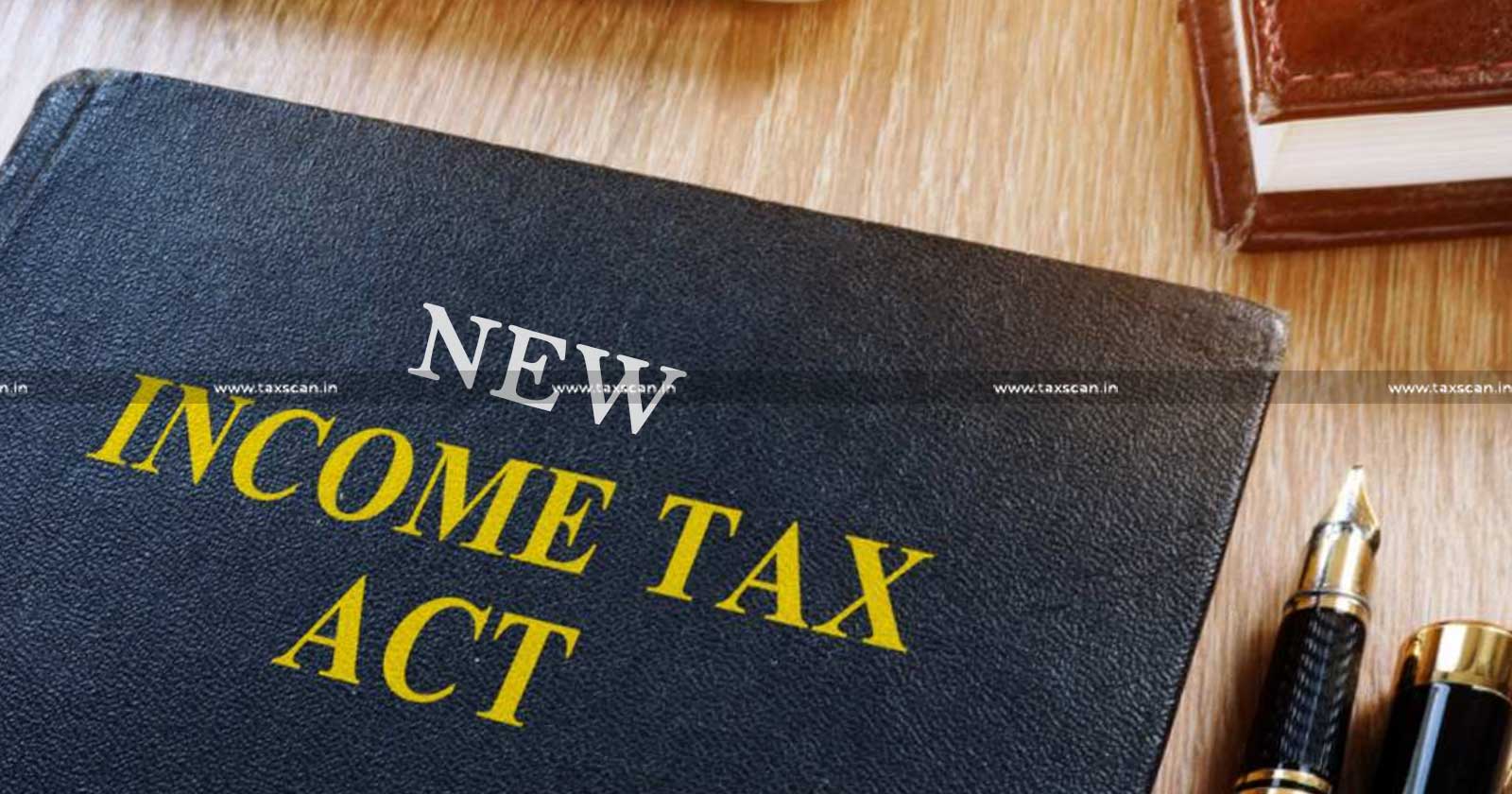New Income Tax Act may have Quick Adjustment Mechanism for Deductions and Rebates without Amendments
While the IncomeTax Bill, 2025 awaits cabinet approval, speculations regarding the proposed changes are rife

The Income Tax Bill, 2025 is expected to receive approval from the Union Cabinet today. If the Bill is approved in the Cabinet, it is poised to be tabled in the Lok Sabha early next week and then referred to the Parliamentary Standing Committee on Finance for extensive deliberation.
A revolutionary change that is sought to be introduced by the impending Income Tax Bill, 2025 is the introduction of a mechanism allowing the government to adjust tax deductions and rebates through executive orders, without making any amendments to the Income Tax Act in-force.
Read More: New Income Tax Bill: ‘Trust First’ Approach, What to Expect?
During the Budget speech, Finance Minister Nirmala Sitharaman emphasized that the new bill aims to enhance taxpayer convenience, reduce litigation, and ensure tax certainty. The Finance Secretary, Tuhin Kanta Pandey, further stated that the bill would be shorter and simpler, cutting down nearly half the length of the current Income Tax Act.
The change would place added responsibility on the concerned wing of the Government, visiting the need to wait till the Annual Budget to propose amendments towards the contents of the Income Tax Act pertaining to tax relief measures including deductions and rebates. The changes have been proposed to significantly reduce procedural delays, making tax procedures much more efficient in nature.
As per sources, the bill proposes changes to the standard deduction provisions formalized through legislation and thereby requires formal amendments for any modifications. The proposed changes, if implemented, could permit swift revisions in deduction limits, in response to prevalent economic conditions.
A wise man once said, all the “Budgets are Political”, and so one of the intents of the proposed the Income Tax Bill, 2025 is to replace outdated British-origin terminology to pave way for simplified terms that may help regular tax-paying citizens to read and decode the contents of, without extensive assistance from professionals.
Step by Step Guidance for Tax Audit & E-filing, Click Here
The term "Assessment Year" is expected to be replaced with "Tax Year", making it more intuitive for taxpayers. Additionally, British-era legal terms like "notwithstanding" will be eliminated and explanations and provisos shall be directly integrated into the law text, increasing readability while ensuring that tax clauses are self-explanatory and easier to understand.
Support our journalism by subscribing to Taxscan premium. Follow us on Telegram for quick updates


